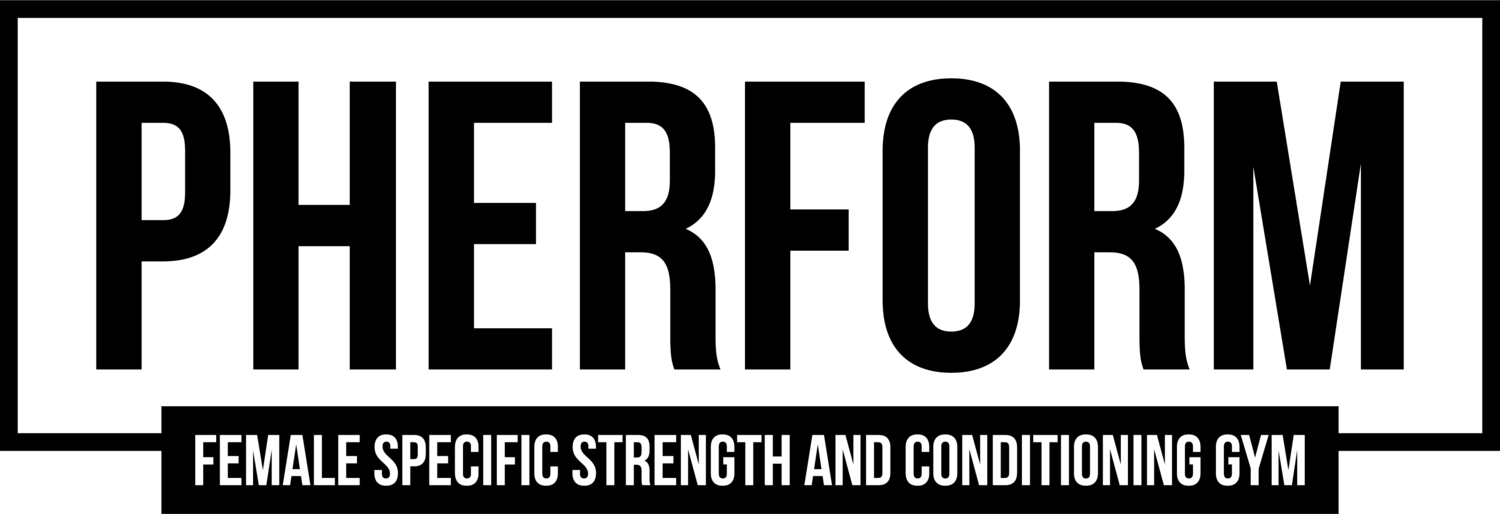Outcome and Process Goals: How to Use it to Your Advantage
“I want to be able to do a pull up."
"I want deadlift 100kg."
"I want to be run a 10K."
"I want to get a six pack."
"I want to have a healthy lifestyle."
Chances are, you've either heard these statements before, or have even said them yourself.
Goal setting is a normal and important part of any training routine. Having goals helps you keep yourself accountable, be able to measure your targets and allow for candid feedback, however, majority of the time we see that people want to get from Point A to Point B without having any sort of guideline or plan. We want to be able to do a pull up, but how do we get there? It's important to ensure that we create realistic mini goals to achieve in a realistic amount of time, and to celebrate all the small progresses leading up to that big goal. Wanting to be able to do a pull up or have six pack abs may be the OUTCOME (or ultimate goal) and is what drives us forward, however it's the PROCESS that's going to be the key that helps get us there. Understanding the difference and being able to utilise this skill in order to achieve what we want will be paramount to our own personal success.
So what are they and how can you use them to attain your goals?
Outcome goals are as the end result of an overall effort and are generally attained in period of time such as several weeks, months or even years in the future. Process goals refer to the mini goals we set in place to allow us to inch closer to that outcome goal. Before we lift 100kg, we have to lift 10kg, and from 10 to 20kg, and even in between those increments we need to ensure our consistency in training, nutrition and other habits.
The main conversation that we have with women is that they want to get from Point A to Point B, and when they weren't anywhere close to Point B in a certain amount of time then they would just give up, and then repeat this cycle. While it's important to know where you want to end up or what your big goal is, generally it's these outcome goals that often lack the immediate feedback that people desire to feel like they've succeeded, and so they give up.
This is why creating and knowing what your process goals are is so important. It's the incremental steps, the small successes, the everyday habits and necessary actions that you take and recognise to be able to inch closer to your big goal. It's the showing up to your daily workout, the pushing of intensity or weight, the eating enough protein, the sleeping and recovery, the water you drink, and maintaining it day in and day out. Your modified push up then becomes an elevated push up, and from then you go to your full push up to then a weighted push up, and more! These small, consistent, mini goals will provide you candid feedback on your progress and will help keep you motivated.
Outlining clear and specific process goals will eventually lead to your successful outcome goal.
We get it. We know it can be difficult figuring out how to get to your big goal. Luckily for you, you don't have to go through this journey alone. Hundreds of women have come through Pherform feeling the same frustrations, confusion and anxiety that you have, and all they've done differently is asked for a little bit of support. And we're here to support you in planning what your process goals are and how you can get to where you want to be.
Ready to slay some goals? Don't hesitate to reach out to our team today and receive the support you need!
- Almond


